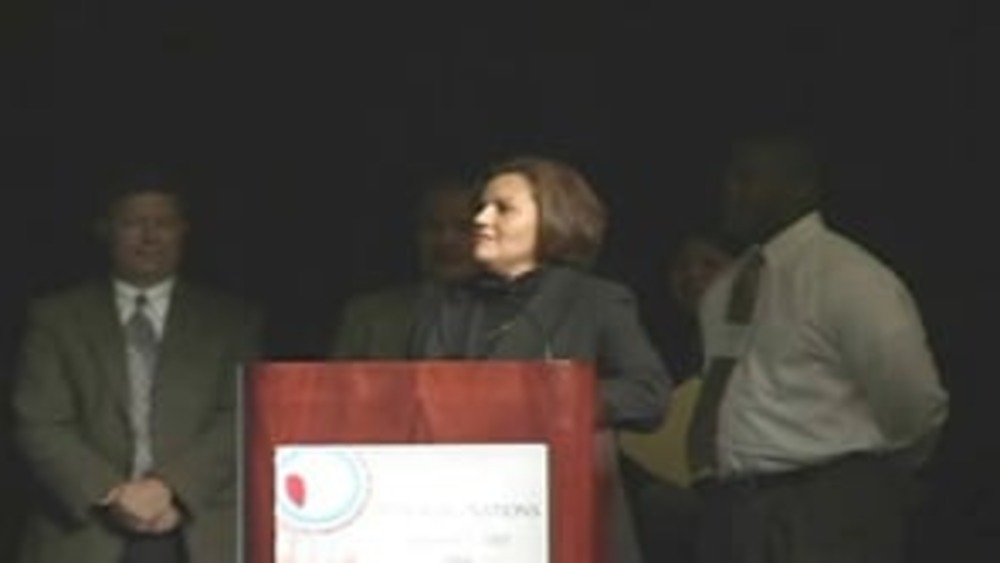Indigenous Governance Database
Henderson Williams
Thumbnail

Honoring Nations: Rae Nell Vaughn, Dan Mittan, Henderson Williams, Andrew Jones, and Hilda Faye Nickey: The Choctaw Tribal Court System
Representatives from the Choctaw Tribal Court System present an overview of the court system's development to the Honoring Nations Board of Governors in conjunction with the 2005 Honoring Nations Awards.
